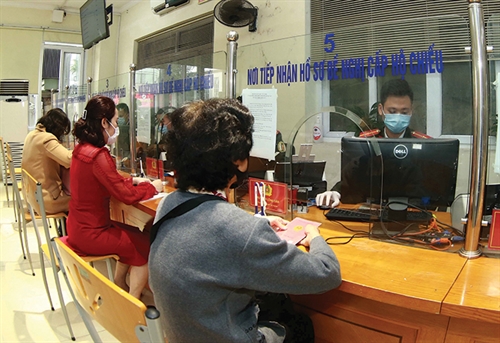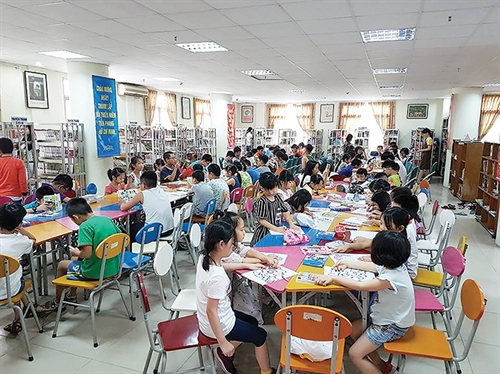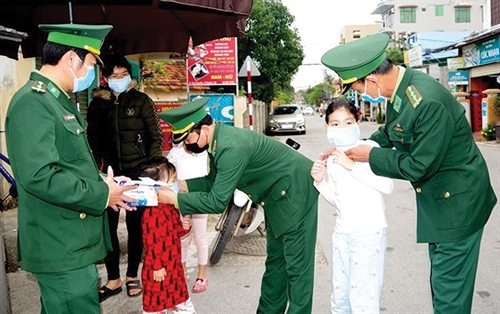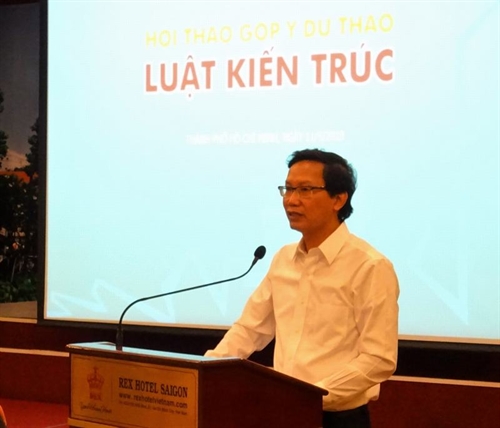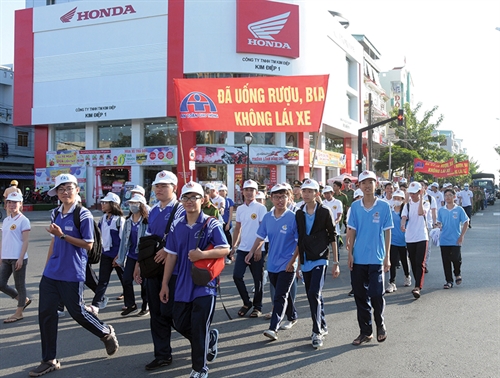On June 16, 2020, the National Assembly passed the Law on Mediation and Dialogue at Court (the Law). Coming into force from January 2021, the Law builds an effective legal framework for mediation and dialogue at court for agencies, organizations and individuals.
The Law emphasizes the State’s policy of encouraging parties to settle civil cases and matters and administrative lawsuits through mediation and dialogue at court.
Scope of regulation
Composed of 42 articles arranged in four chapters, the Law defines the rights and obligations of mediators and parties to mediation and dialogue at court, and responsibilities of courts in mediation and dialogue activities. It also establishes order and procedures for mediation and dialogue and recognition of results of successful mediation or dialogue at court.
As per the Law, mediation and dialogue at court will be conducted before courts accept cases of civil, marriage and family, business, trade or labor disputes; requests for recognition of consent to divorce; and administrative lawsuits falling under their jurisdiction provided in the Civil Procedure Code or the Law on Administrative Procedures. Mediation is applicable to civil cases and matters while dialogue may be applied to administration lawsuits.
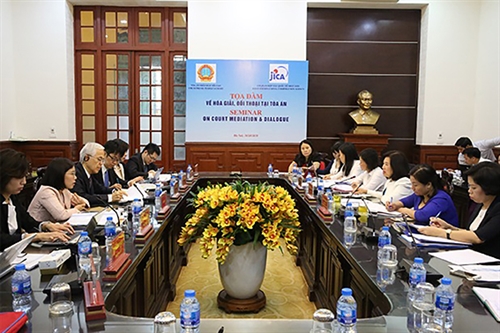 |
| A talk on mediation and dialogue held by the Supreme People’s Court__Photo: https://www.toaan.gov.vn/ |
Under Article 19, mediation and dialogue may not be conducted at court in the following cases:
- Claims are made for compensations for damage to the State’s property;
- Cases arising from civil transactions that violate law-prescribed prohibitions or are contrary to social morality;
- The suer or requester, the sued or a person with related interests and obligations has been duly invited for the second time to participate in the mediation or dialogue but is still absent not due to a force majeure event or an external obstacle or unable to participate in the mediation or dialogue for a plausible reason;
- A spouse in a divorce dispute is a person who has lost his/her civil act capacity;
- One of the parties requests the mediation or dialogue not be conducted;
- One of the parties requests the application of provisional urgent measures in accordance with the Civil Procedure Code or the Law on Administrative Procedures; and,
- Other cases as specified by law.
Worthy of note, the Law does not apply to mediation and dialogue activities already regulated by other laws.
Principles of mediation and dialogue
Article 3 of the Law sets forth nine principles of mediation and dialogue at court.
Principle of voluntariness is a prime principle of the Law. Mediation or dialogue at court takes place before initiation of legal proceedings but is not compulsory. Parties to mediation or dialogue will voluntarily mediate or hold dialogue. The suer or requester, the sued and a person with related interests and obligations have the right to agree or disagree with the settlement of civil cases or administrative lawsuits through mediation or dialogue at court. If they disagree, the Civil Procedure Code or the Law on Administrative Procedures will be applied to settlement. In the process of mediation and dialogue, mediators must respect voluntary agreement of the parties. The Law prohibits coercion of the parties to reach an agreement against their will.
Confidentiality of information is a remarkable principle of the Law. Accordingly, information relating to mediation or dialogue cases must be kept confidential. In order to protect involved parties’ privacy, the Law forbids mediators, parties, and other agencies, organizations and individuals invited to participate in mediation or dialogue from disclosing information they have acquired during the mediation or dialogue process. Besides, it will not be permitted to audibly or visually record or make minutes of mediation and dialogue sessions. Only mediators and dialoguers may take notes to serve the mediation and dialogue and must keep such notes confidential. The Law underlines that agencies, organizations or individuals may not use documents and statements of involved parties in the mediation and dialogue session for the settlement of cases unless such is agreed upon by such parties or prescribed by law.
Mediation and dialogue modes and time limit
Mediation and dialogue may be conducted in a flexible manner suitable to the actual state and characteristics of each type of case.
Under Article 22 of the Law, the mediation and dialogue may be conducted in one or more than one session at or outside the courtroom as selected by the parties. Mediation and dialogue sessions may be conducted in a face-to-face form or another suitable form as requested by the parties. A mediator will conduct mediation or dialogue in the presence of all the parties or meet each party individually; request each party to present his/her opinions on issues of the civil case or administrative lawsuit and propose mediation or dialogue plans and solutions. In case one of the parties has a representative or an interpreter, the mediator shall invite him/her to participate in the mediation or dialogue.
The process of mediation and dialogue for settlement of a civil case or matter or an administrative lawsuit will last no more than 20 days or 30 days, for complex cases, as provided in Article 20 of the Law. The parties may agree to extend the time limit for mediation or dialogue for up to two months.
Effect of decisions recognizing results of successful mediation or dialogue
Decisions recognizing results of successful mediation or dialogue is legally effective but cannot be appealed or protested against according to appellate procedures specified in the Civil Procedure Code or the Law on Administrative Procedures.
Decisions recognizing results of successful mediation will be executed in accordance with the law on execution of civil judgments. Decisions recognizing results of successful dialogue will be executed in accordance with the law on administrative procedures.
Decisions recognizing results of successful mediation or dialogue may be subject to review at the request of the parties, their representatives or persons with interests and obligations related to the court’s decisions or at the recommendation of the procuracy if there are grounds to believe that the parties’ agreement breaches one of the law-specified conditions. They may request review of a decision within 15 days after receiving or being informed of such decision. If, due to a force majeure event or another external obstacle, they fail to request on time, the delayed time will not be included in the time limit for request. The procuracy at the same level may recommend review of the court’s decision recognizing results of successful mediation or dialogue within 15 days after receiving such decision. Person requesting or procuracy recommending review of a decision recognizing results of successful mediation or dialogue will send a written request or recommendation to the immediate superior court of the court that has issued the decision recognizing results of successful mediation or dialogue.- (VLLF)


